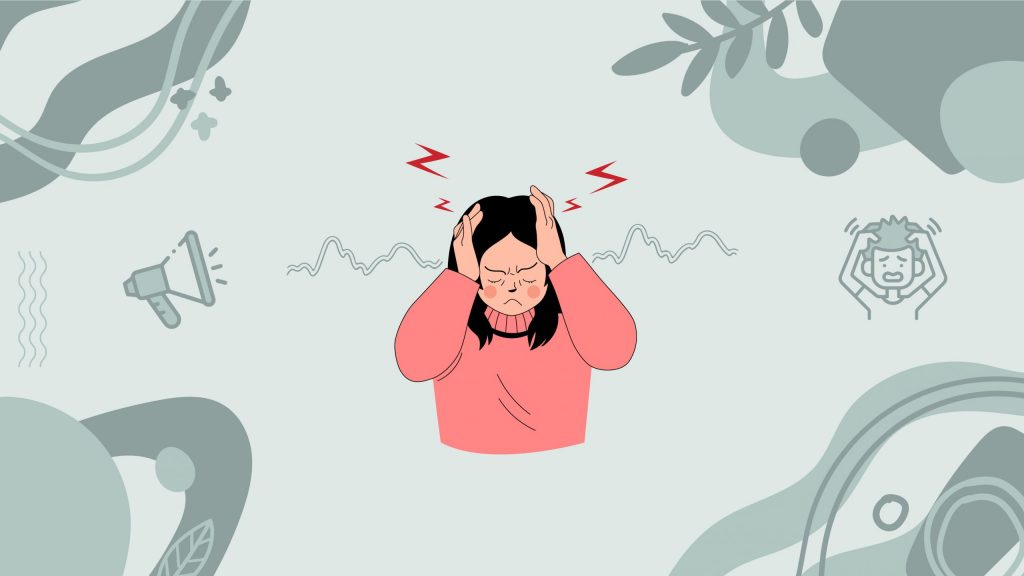Battling the Mirror’s Gaze
Unhappiness with appearance is a pervasive issue that transcends age, gender, and culture, manifesting in the silent struggle against the mirror’s gaze. This struggle is not merely about vanity; it’s a profound journey through self-perception and societal expectations that can significantly impact one’s confidence and social interactions.
The dissatisfaction with personal appearance often leads to a constant battle with self-esteem, where the mirror reflects not just a face or body but a storm of self-doubt and criticism.
In everyday life, this struggle can transform routine activities like shopping for clothes or attending social events into sources of stress and anxiety. It can lead to avoidance behaviors, such as shying away from photo opportunities, or it can manifest in an obsessive quest for perfection, with individuals undergoing rigorous diets or cosmetic enhancements in pursuit of an idealized image.
The Science of Self-Image
The distress over appearance is deeply intertwined with our brain’s functioning and its interpretation of social signals. Neurologically, the brain processes self-image and social feedback through complex networks involving areas like the prefrontal cortex, which is responsible for self-awareness and evaluation, and the limbic system, which handles emotions.
When we perceive a discrepancy between our appearance and societal standards or expectations, it triggers a stress response. The brain releases cortisol, a stress hormone, leading to feelings of anxiety and inadequacy. This neurochemical reaction can make the emotional impact of appearance-related dissatisfaction overwhelming, often feeling beyond our control.
Moreover, the constant comparison, fueled by social media and societal standards, can reinforce negative self-perception and lower self-esteem, creating a vicious cycle where the mind’s negative biases overshadow any positive self-image, rendering us powerless to break free from the self-critical loop.
Strategies for Self-Acceptance and Growth
Breaking free from the shackles of appearance-based unhappiness requires a multi-pronged approach. The journey begins with self-awareness: recognizing and acknowledging the negative thoughts and emotions tied to one’s appearance without judgment.
Steps to Embrace Self-Love and Shatter the Mirror of Doubt
- Practice Self-Compassion: Treat yourself with kindness and understanding. When negative thoughts arise, counter them with positive affirmations. Remind yourself of your worth and value beyond physical appearance.
- Set Realistic Goals: Establish achievable, health-focused goals rather than appearance-based ones. For example, aim to improve your physical strength, endurance, or flexibility rather than focusing solely on weight loss or muscle gain.
- Curate Your Media Consumption: Actively choose to follow social media accounts that promote body positivity and self-acceptance. Limit exposure to content that makes you feel inadequate or compels you to compare yourself unfavorably with others.
- Engage in Mindful Physical Activity: Find a form of exercise you enjoy and focus on how it makes you feel rather than how it makes you look. Exercise can improve mental health, reduce stress, and boost self-esteem, through the release of endorphins, often referred to as the brain’s feel-good chemicals.
Subscribe to newsletter
Get your Gut Health Starter Guide right now.
Elevate your Tuesdays with practical, science-backed wisdom propelling you forward on your gut health journey.

The Journey to Self-Love
In the tapestry of her life, Emily’s self-image was a discolored thread, dimming her vibrant potential. Plagued by dissatisfaction with her appearance, her social interactions were tinged with insecurity, her confidence overshadowed by self-doubt. The transformative journey began when Emily chose to weave self-compassion into her daily narrative, replacing the harsh critiques in her mind with kinder, affirming thoughts.
“For so long, I saw myself through a lens of criticism. Every mirror reflected my perceived flaws, every social interaction was a trial of my self-esteem. My breakthrough came when I realized that the relentless pursuit of an ideal image was a road to nowhere but unhappiness.
I started small, countering each negative thought with a positive affirmation. It felt awkward, like learning a new language, but gradually, it became my new normal. Reducing my exposure to social media was another game-changer. I became selective about what I consumed, choosing content that uplifted rather than undermined me.
Incorporating exercise wasn’t just about physical health; it became a meditation in motion, a way to celebrate what my body could do rather than lamenting its imperfections. This physical empowerment seeped into my mental state, strengthening my mind-body connection.
The transformation didn’t happen overnight, but each step forward painted my world in brighter hues. In social gatherings, I found myself engaging more authentically, liberated from the shackles of self-consciousness. I learned to navigate conversations with ease, my presence no longer marred by the shadow of appearance-related anxieties.
My journey taught me that the road to self-acceptance is built on the bricks of self-compassion and mindfulness. Changing the internal dialogue from criticism to kindness reshaped not just how I saw myself, but how I interacted with the world. I’ve learned that beauty is a state of being, not just a reflection in the mirror.”
Emily’s narrative is a vivid illustration of how transforming one’s internal dialogue and lifestyle choices can significantly impact self-perception and social confidence. Her experience underscores the effectiveness of self-compassion, mindful engagement, and physical well-being in cultivating a positive self-image and enriching social life.


















